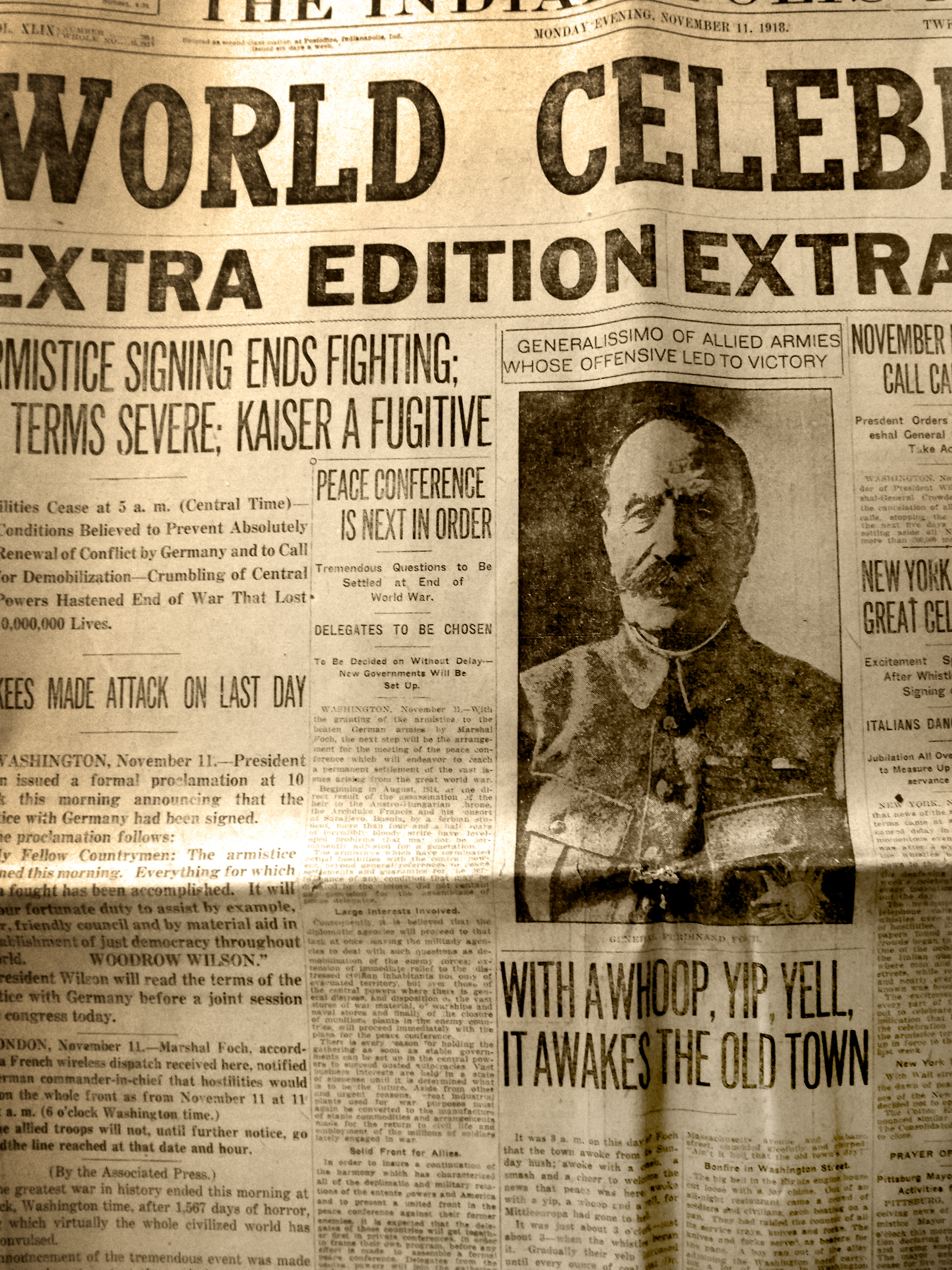My last post (July 30, 2013) was about Paul McCartney’s attack on John Lennon, during the historical time period known as
1971
Paul wrote and recorded Too Many People, and John would soon respond with a song on his Imagine album. To regurgitate some of the past – with the release of McCartney’s second solo (post-Beatles) album, Ram, the feud between Paul McCartney and John Lennon went public.
On the front cover of Ram, McCartney is holding a ram by the horns. Lennon responded. On the back cover of his album, Imagine, John mocked Paul by holding a pig by the ears.
On the back cover of Ram is a picture of two beetles copulating.
If John only had responded with a photo holding a pig by the ears, this feud likely would not have been significant. Paul’s attack on John was most conspicuous and unmistakable because of the following lyrics:
That was your first mistake
You took your lucky break and broke it in two
The only interpretation seemed to be that John was lucky to have been a Beatle and that he destroyed his “lucky break” be breaking up The Beatles. The rest of the lyrics of Too Many People were far too subtle in comparison – “too many reaching for a pice of cake…” – and were not intended to signal an attack.
____________________________________________________________________________
To fully grasp all that John Lennon would do in his SONG OF REVENGE (and then some), How Do You Sleep?, it is important to understand a difference between John and Paul – production. Fully-fledged productions often favored by Paul, as opposed to simpler raw rock songs favored by John. The Beatles’ Abbey Road album is an excellent example of these two philosophies at work – John liked Side 1, Paul liked Side 2.
Side 1 is simple – record six songs and be done with it. Side 2 is complex – record songs, some of which have many parts, and with great time and care, meticulously tie the enormous work together. Side 1 would be easy to play live; Side 2 would not.
On side 1 of Abbey Road, there are six (6) songs written and recorded by The Beatles. Each of the six songs are stand-alone, unconnected songs. Every song is separated by a few seconds of silence. In other words, it is album side of songs that do not convey a special message. They do not have to flow into each other to create a greater whole or suggest something deeper than the message of the single song. John preferred an album of stand-alone songs, like those on side 1.
Side 2 of Abbey Road is a collection of songs that after the first two – Here Comes The Sun and Because – are connected, i.e. flow together without pause (except for the brief separation before Golden Slumbers) until the end. The final song heard on the album – Her Majesty – begins at the end of side 2 – The End. (Her Majesty may have been the first “hidden track,” a favorite trick found on many CD’s.)
You Never Give Me Your Money which begins the suite of songs at the center of Abbey Road Side 2 is itself a microcosm of Side 2 as it is a complex musical work consisting of multiple short well-produced songs that transition into one another. You Never Give Me Your Money was not the simpler offering that comprised side 1.
0.00 – 1.09 “You never give me your money…”
1.10 – 1.30 “Out of college money spent…”
1.31 – 2.11 “but oh the magic feeling…”
2.12 – 2.27 instrumental transition
2.28 – 2.47 “one sweet dream…”
2.48 – 4.02 “came true today…
____________________________________________________________________________
AN ORCHESTRA TUNING (becomes a weapon)
The concept of Sgt. Pepper’s Lonely Hearts Club Band had been Paul’s idea – the opening song, Sgt. Pepper’s Lonely Hearts Club Band , was Paul’s composition. The sound of the orchestra heard at the opening was also Paul’s idea. The Sgt. Pepper show had a beginning that was large in scope featuring a large ensemble (a classical/art music orchestra) to open the large show. Orchestras first tune just before the big show opens. Orchestras are big. An orchestra tuning must be a big idea. Just as the Sgt. Pepper show opened with an orchestra tuning, so too would How Do You Sleep? open with an orchestra tuning. Paul liked Big Ideas. John ridiculed Paul’s Big Idea penchant even before the first note of John’s message song to Paul had begun.
Beatles – Sgt. Pepper’s Lonely Hearts Club Band (the opening sounds of strings in an orchestra tuning before the concert or show).
How Do You Sleep? opens with the obvious reference to Sgt. Pepper’s Lonely Hearts Club Band – an orchestra tuning along with an audience member clearing his throat. ____________________________________________________________________________
Unlike Paul McCartney in Too Many People, John Lennon in How Do You Sleep? is blunt and direct with no room left for subtlety or interpretation. John brings on the blunt immediately beginning with the word, “so,” as if the conversation had been ongoing – John had been in the room already letting Paul have the benefit of his wisdom.
So, Sgt. Pepper took you by surprise
You better see right through that mother’s eyes
Those freaks was right when they said you was dead
There had been a worldwide rumor that Paul had died some time before the recording of Sgt. Pepper. John’s reference to the death of Paul is particularly hard hitting. How is Paul “dead?” As a person? An artist? A friend?
You live with straights who tell you you was king
Jump when your momma tell you anything
“Straights” were those who were of The Establishment – the bland, boring, uncreative sheep who had the power and ran the worlds of business and politics, and brought on The Vietnam War.
“Jump” when Linda Eastman McCartney, Paul’s wife, tells Paul to jump – that was John’s one and only direct attack on Paul’s wife (in the song).
The only thing you done was Yesterday
And since you’re gone you’re just Another Day
This was the most direct attack so far in the song. John gives Paul credit for having written one good song during the Beatles – Yesterday – and one good song post-Beatles – Another Day.
A pretty face may last a year or two
But pretty soon they’ll see what you can do
Paul is good looking – that doesn’t last – but how will he fare without his partnership with John, and the Beatles?
The sound you make is Muzak to my ears
You must have learned something in all those years
John saves the toughest assault for the end – Paul’s songwriting isn’t good and there’s no excuse for it – why didn’t he learn more in his songwriting and performing days with John and The Beatles?
To add more insult to injury, George Harrison plays guitar on How Do You Sleep?. George had grown weary of Paul’s demanding ways during the last days of the Beatles as can be seen in this tense, to-hell-with-you-Paul excerpt from the Beatles Let It Be film.
And Ringo had already recorded with John post-Beatles, but not with Paul.
The John Paul Wars were the best and most thoughtful of all of the rock music wars.
____________________________________________________________________________



